This winter break, I went home with a mission to read the books I have bought but left untouched. Oddly enough, I noticed a theme to what I was reading: mothers. Now, I have a feeling you’re thinking Jen you’re nineteen, what interest could you possibly have in women ten to twenty years your senior and their current/potential children? My answer to that is power.
Within the current structure of the nuclear family, interrogating the role of the mother tells us so much about what we owe to one another and what defines power. I know to some that might seem like a stretch, but current feminist thinking encourages us to look at even the most “mundane” experiences of women in order to fully understand power. The relationship between children and parents often reflects the framework and priorities of our society.
Mieko Kawakami’s “Breasts and Eggs” explores this, and was coincidentally my favorite book I read over break. It is a story about mothers and daughters, but — more poignantly — it is about what we, as a society, ask of children and of mothers. The novel’s protagonist, Natsu, struggles with her womanhood, her relationship with motherly figures, and her desire for children but lack of desire for a partner. One of the most fascinating parts of the book is Natsu’s urge to know her child. She wants to be a mother not for the sake of having children, but because of what getting to know her child means to her.
This brought up a series of questions about how we, as a society, look at motherhood. Any glance at Mother’s Day advertisements or baby shower memorabilia demonstrates the sheer weight we put on mothers. There is not only an appreciation for, but an expectation of sacrifice. Today, we rely on many mothers to do most of the domestic labor while also working full-time jobs. The stereotype of the exhausted, overworked mother is all too common yet few people do anything to change it.
Through questioning what motherhood means, we are also questioning what people owe to each other. American media often portrays children as a duty or chore for parents, but questioning this changes the role of mothers. We are all someone’s child, and (ideally) we are not merely a responsibility of our parents but people in our own right. As the poet Kahlil Gibran explores in his poem “On Children,” “They [children] come through you but not from you,/ And though they are with you yet they belong not to you.”
The idea that children are not duties to fulfill, but people to understand is a radical way of looking at families. The connection between mothers and children built through intensive labor limits how mothers and children are able to relate. It also gives us an insight into society as people view one another in terms of responsibility. People are often prioritized by what they are responsible for, instead of who they are. While this framework is effective in a capitalist society in which responsibility is the foundation, questioning that foundation can prove invaluable to improving our world.
Is that an idealist way of thinking? Yes. But, at least in my opinion, looking at the world for what we think it can be — in addition to what it truly is — helps it improve. That is why I will continue to read about mothers: because they provide a lens through which we may treat each other better.
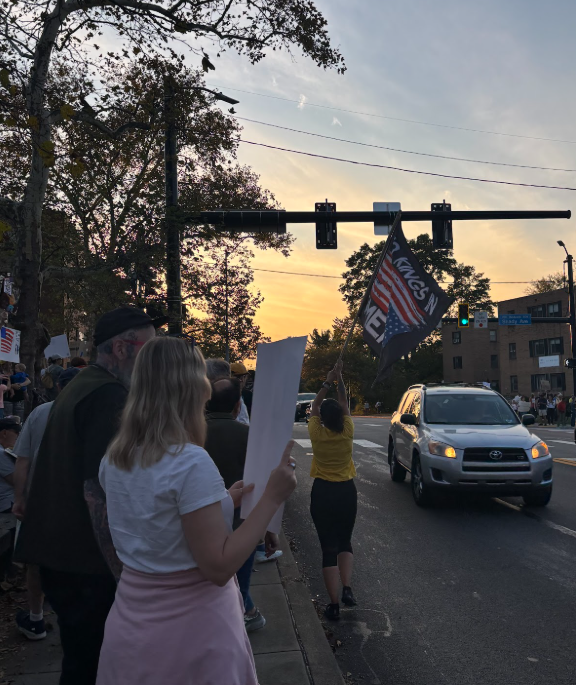
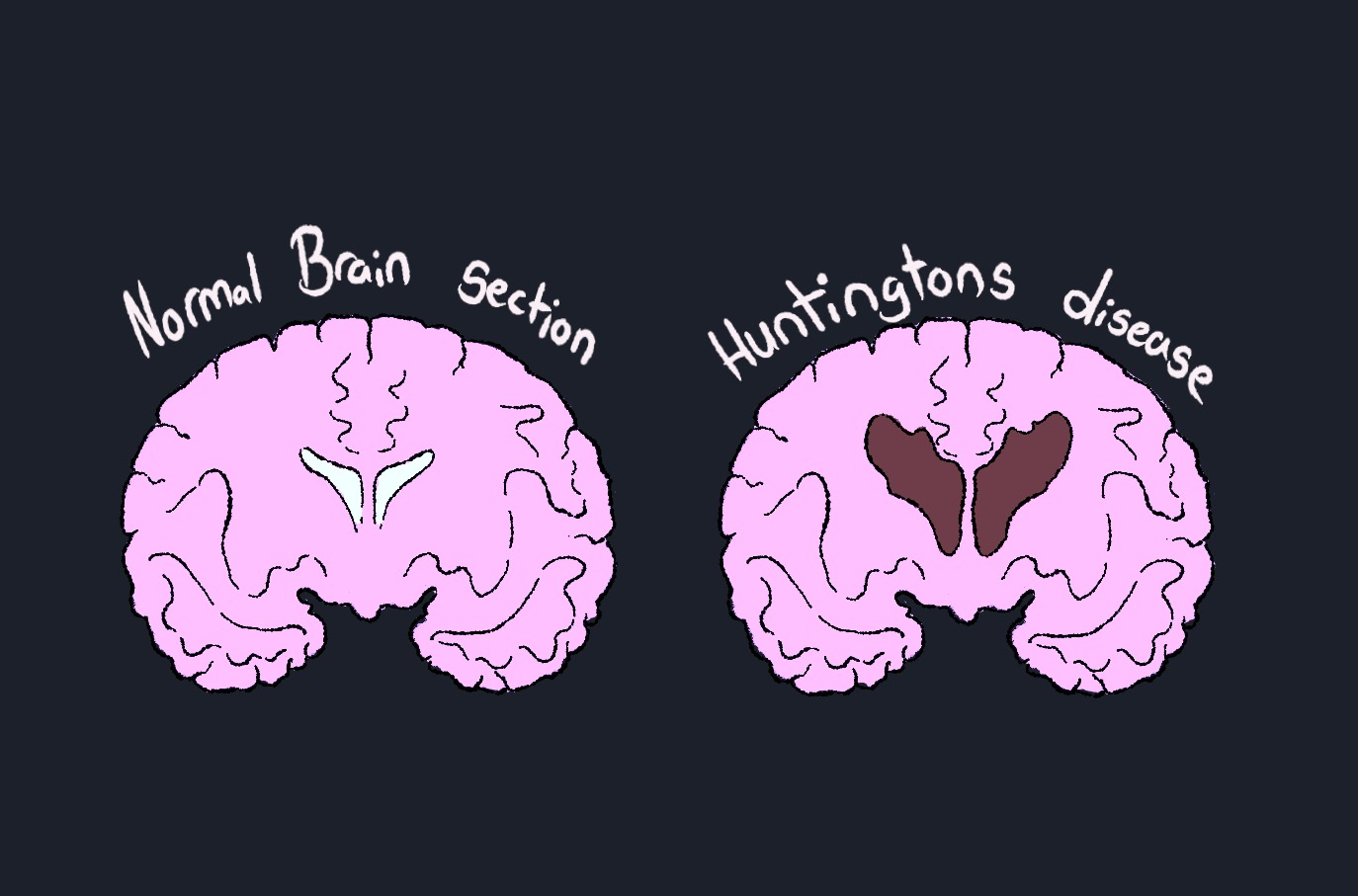
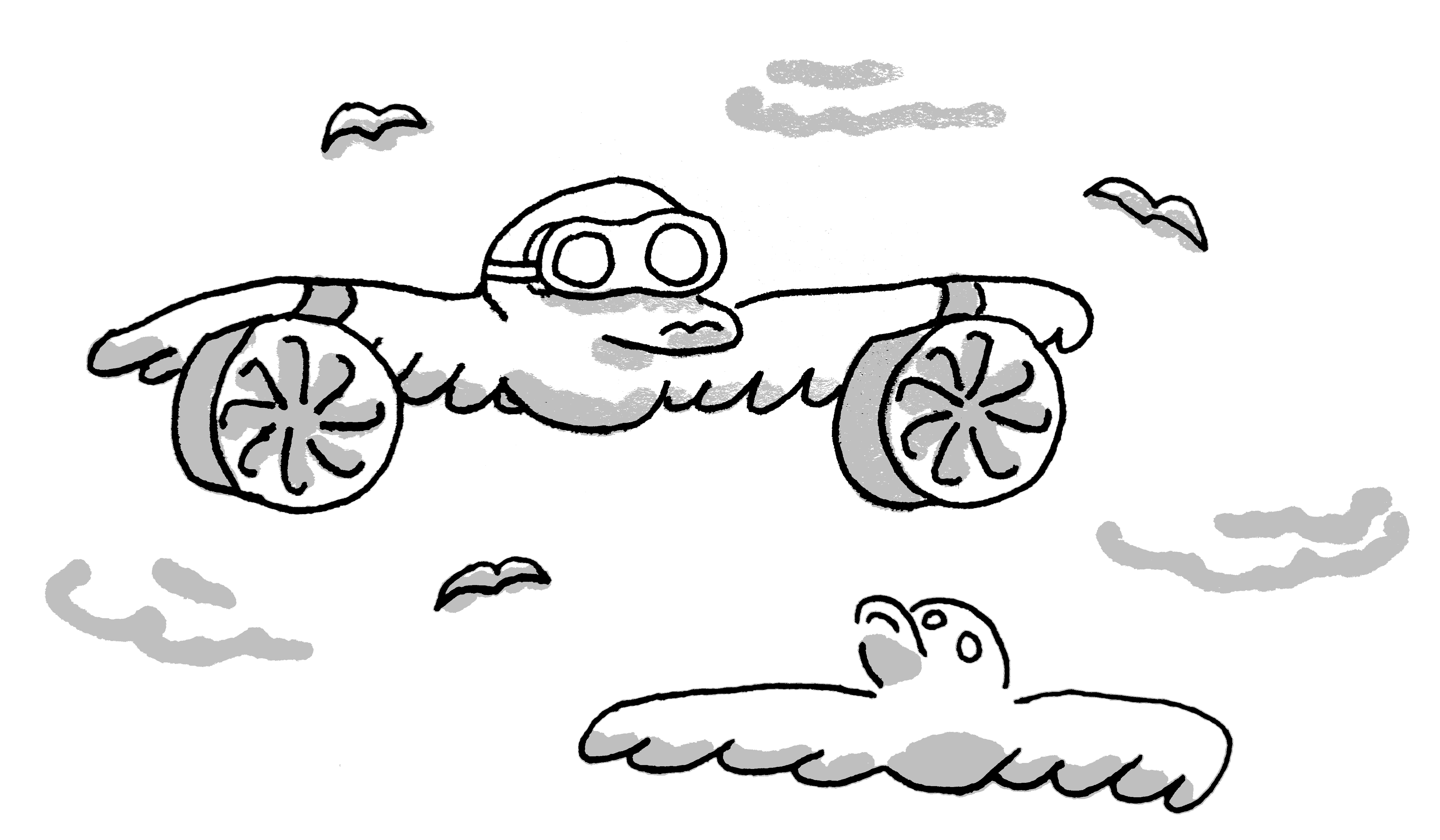
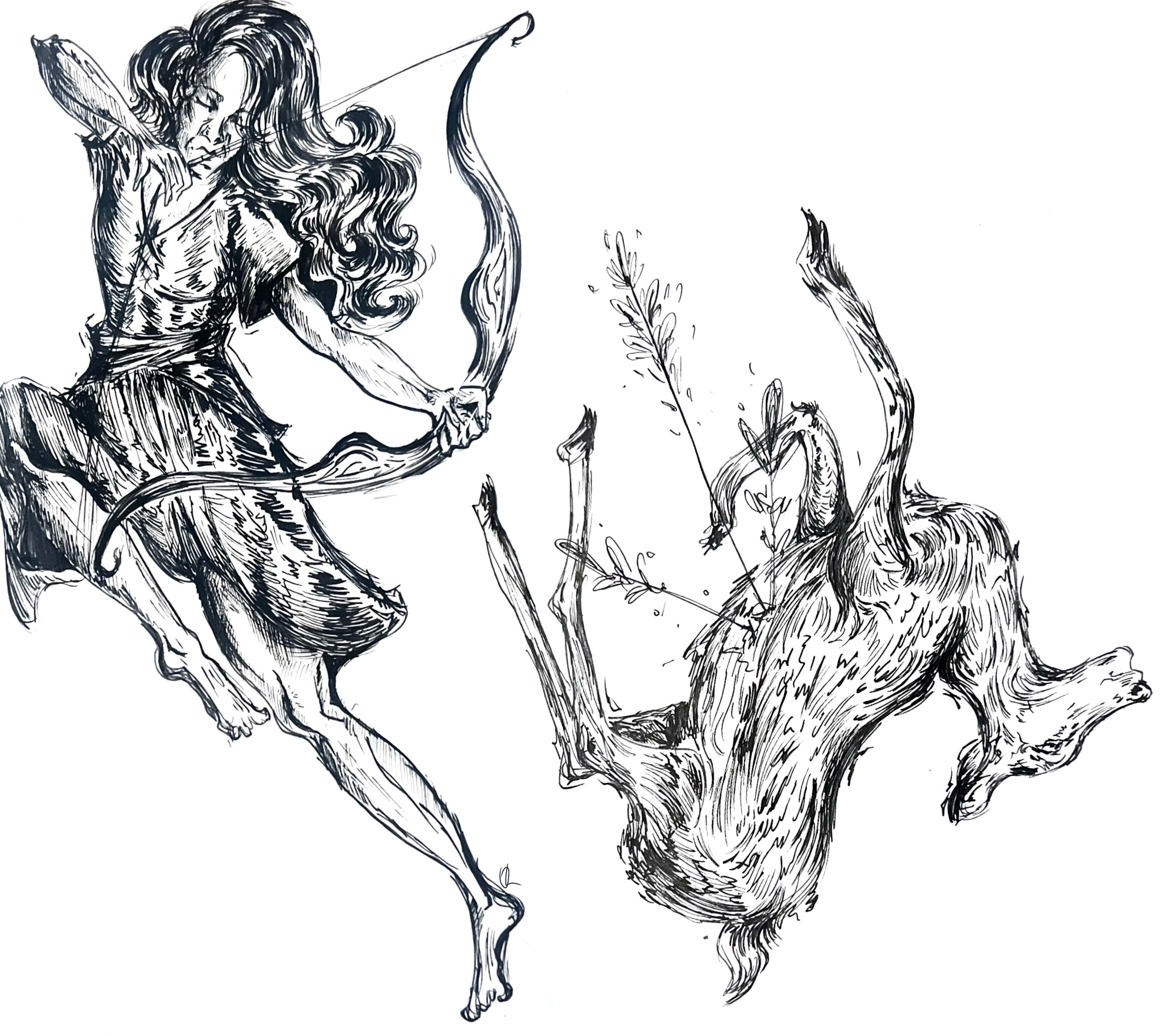
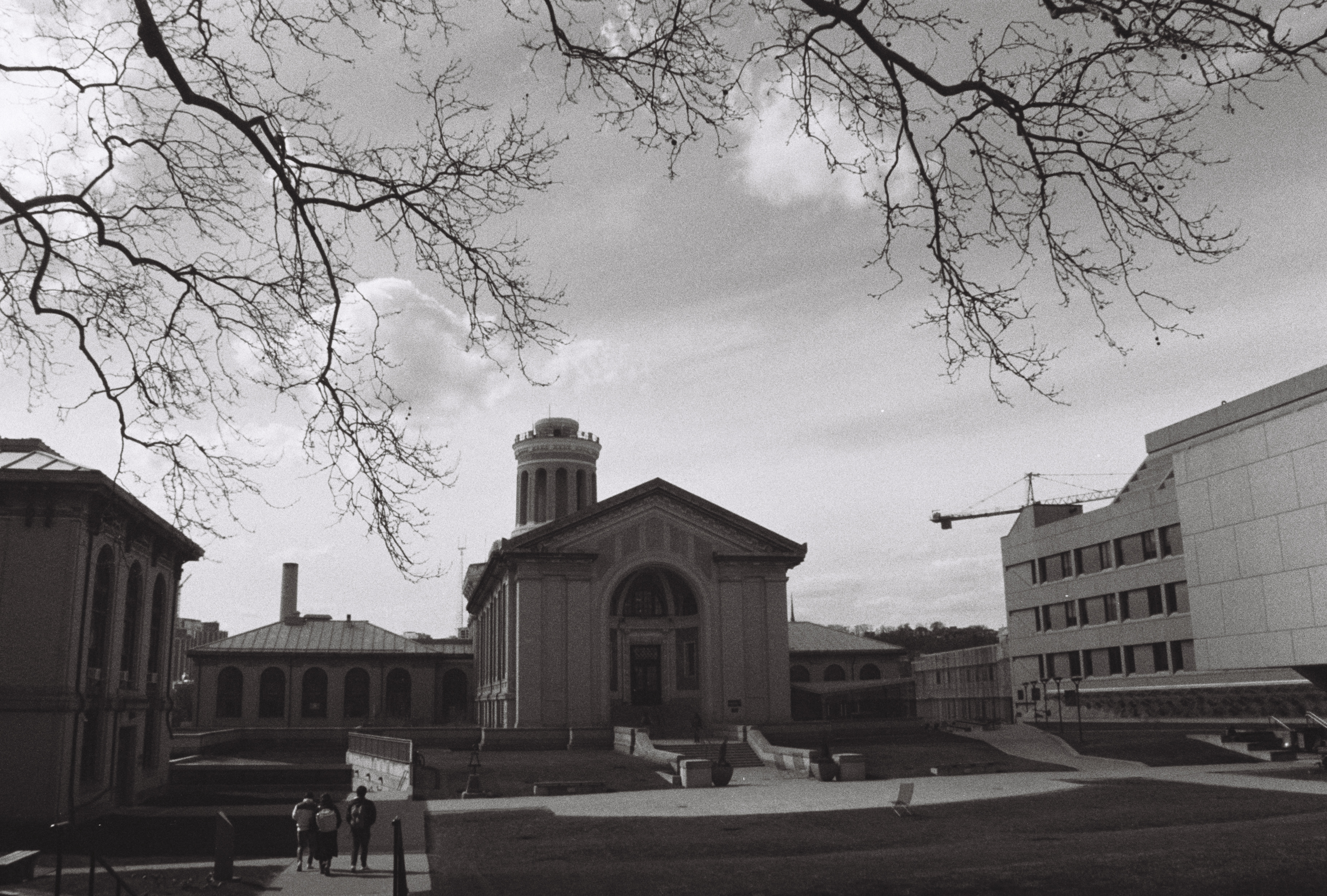
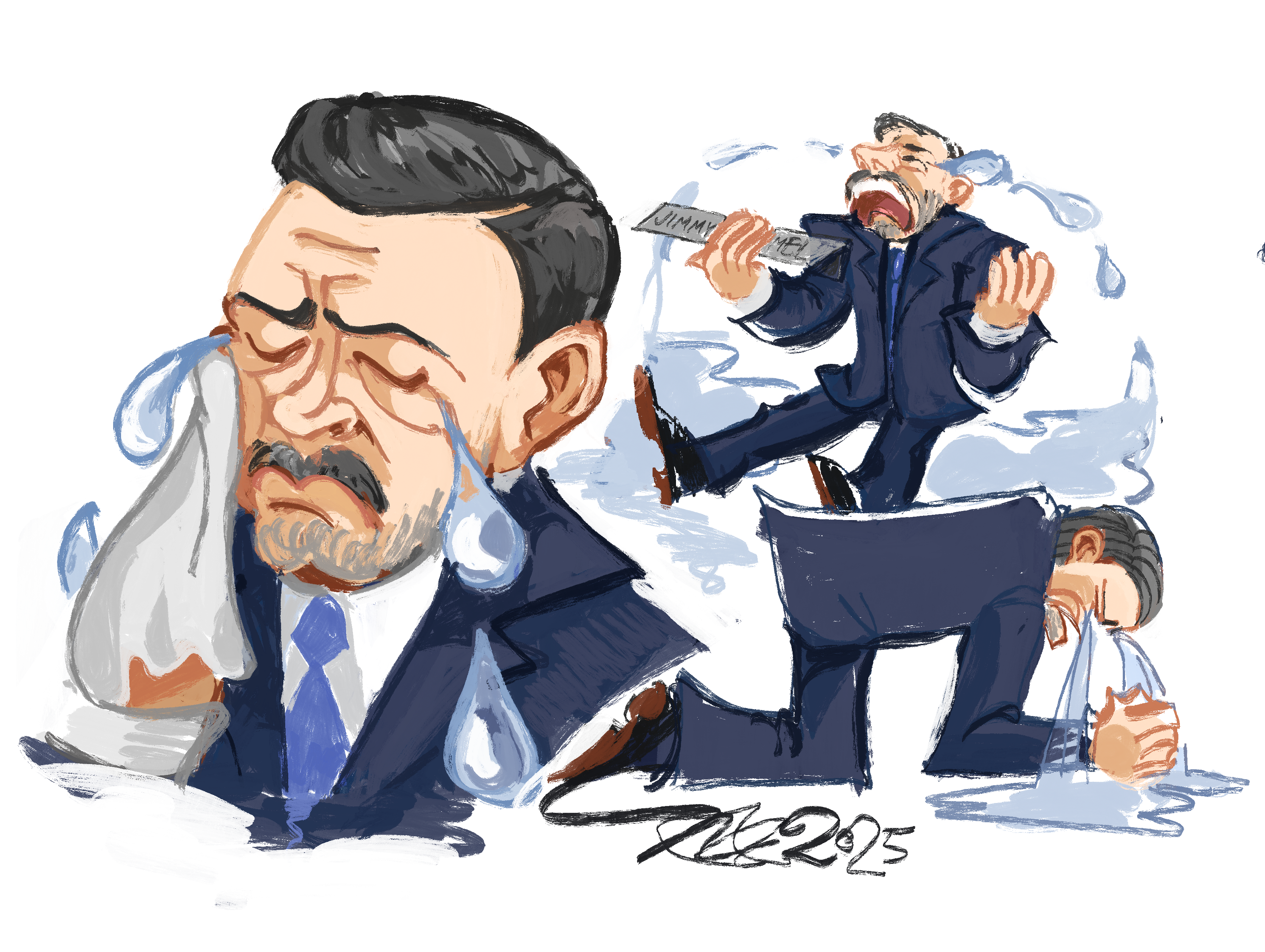
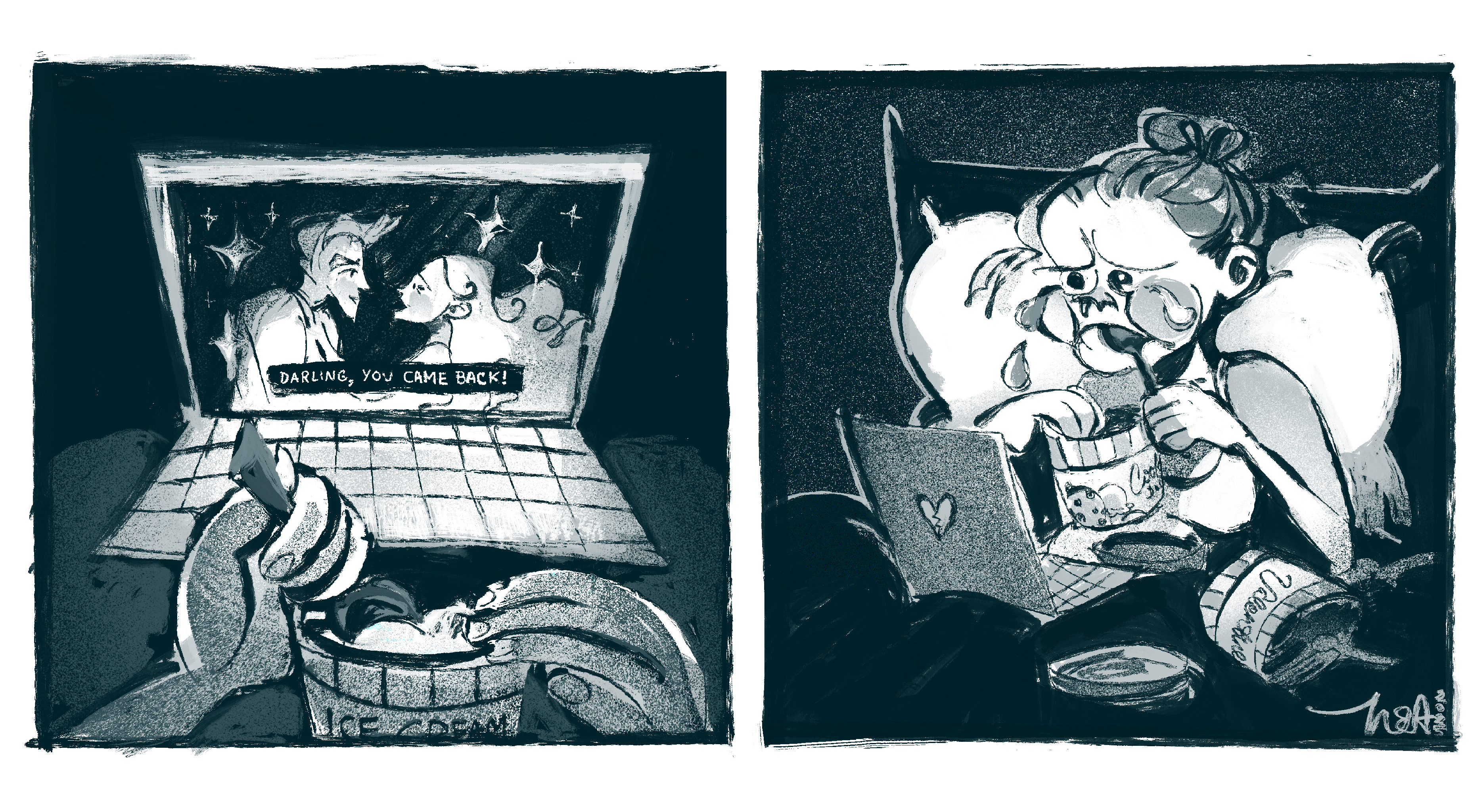
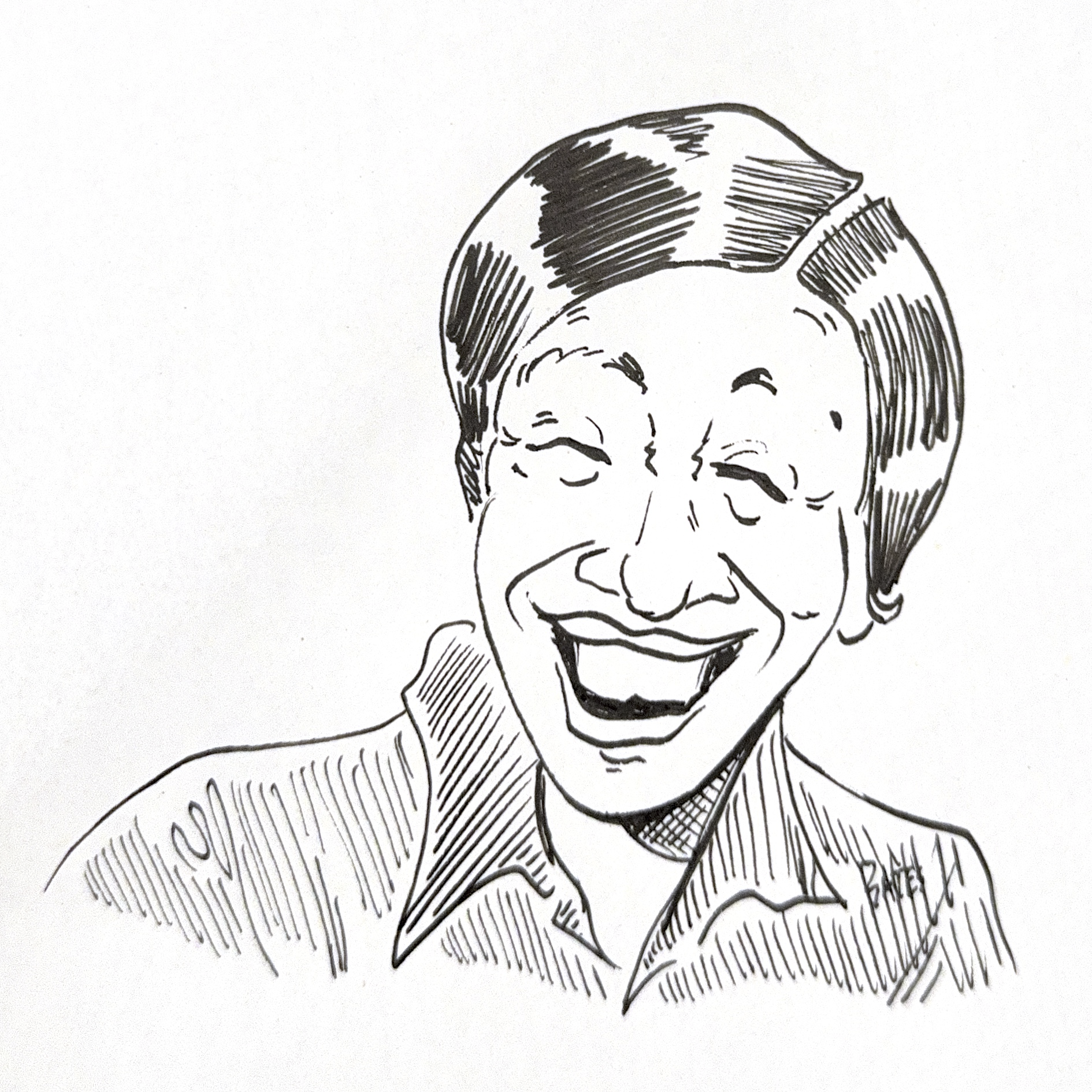
Leave a Reply